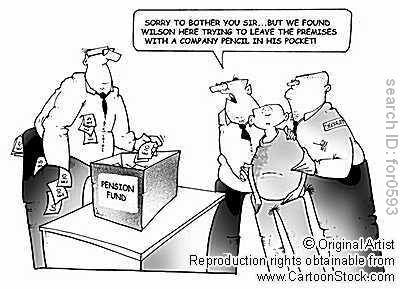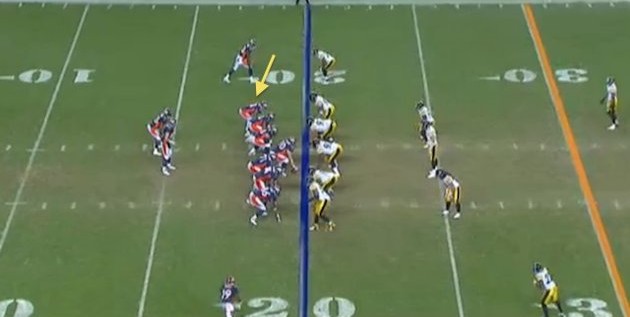That Pension Check May Not Be In The Mail

Illinois public employees who think the state constitution guarantees that they’ll get all their pension benefits may have another think coming.
Politicians’ and public labor unions’ assurances aside, there’s another, not-well-publicized school of thought that says if the pension funds go bust, the state has no obligation to step in to pay the benefits. This runs contrary to the popular view that the Illinois Constitution, on its face, guarantees that all public employee pension benefits will be fully paid.
This belief is based on Article 13, Section 5 of the Illinois Constitution: “Membership in any pension or retirement system of the state, any unit of local government or school district … shall be an enforceable contractual relationship, the benefits of which shall not be diminished or impaired.”
Sounds solid, doesn’t it? It’s not, according to a legal opinion from the Chicago law firm Sidley Austin, provided to me by R. Eden Martin, president of the Civic Committee of the Commercial Club of Chicago.
The opinion acknowledges that the constitution creates a contractual agreement between the workers and the state’s employee pension funds. But it concludes that neither the constitution nor the law say the state is a guarantor of that obligation.
The Sidley opinion argued that the state can become a guarantor only under section 2l2-403 of the Illinois Pension Code. That provision states that if a state pension fund runs out of assets “(a)ny pension payable under any law . . . shall not be construed to be a legal obligation or debt of the State . . . but shall be held to be solely an obligation of such pension fund, unless otherwise specifically provided in the law creating such fund.”
So, does any law creating the pension funds “specifically provide” that the state would become the guarantor? Sidley examined the laws creating the five state pension funds and concluded that while each contains an “obligation of state” provision, none guarantees that the state will step in and pay the funds if they run out of money.
In simple language, that means if the pension funds run short of cash, public workers face the same sort of uncertainties that most workers in the private sector do.
And what are the chances of the funds running dry? Pew Center on the States ranked Illinois dead last in pension funding. The generally accepted view is that Illinois’ unfunded pension liabilities come to about $80 billion — that’s for a state whose total upcoming operating budget amounts to $26.1 billion, of which $13 billion is a deficit. Even if the state were to shut down every last thing it runs — such as Medicaid, transit funding, law enforcement, education and the legislature — and put all its money into eliminating the unfunded obligation, the entire state would go dormant for three years.
Well, not exactly. It would go dormant longer because the liabilities would have continued to increase during the three years. To get an idea of how fast, consider: From 2006 to 2010, the unfunded liability doubled, to $80 billion, from $40 billion, according to Martin.
Well, not actually. The unfunded obligation could even be greater, Martin said, because of a flawed formula that underestimates the actual benefit costs. If a more standard calculation were applied, the unfunded obligation could run to $200 billion, according to some analyses, he said.
To be clear, it’s not that the state has taken $80 billion (or $200 billion) in cash out of the pension funds, a common misconception. Basically, much of the money was never there in the first place because the state has been unable to keep up with the payments needed to cover the ballooning benefits. One way to look at it: The state shorts the pension funds to keep the electricity on.
How that happened is a complex and dark political tale, extending over a half century of wanton spending, borrowing, self-deception and lies. But, if we’re to climb out of this nightmare, everyone will have to sacrifice. That includes public employees who, Martin notes, should get on board to work out some solutions. They might have to put up with some small sacrifices, but it’s better than waiting until the well runs dry.





